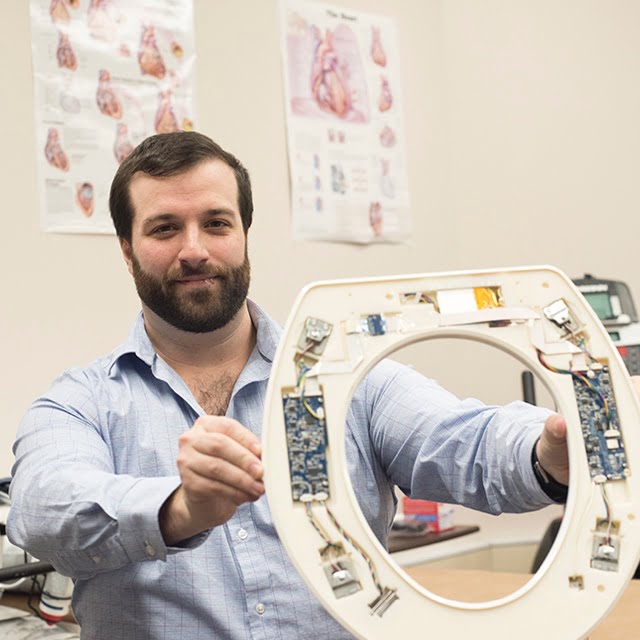NCAA LGBTQ OneTeam facilitators publish open letter condemning anti-transgender legislation The NCAA LGBTQ OneTeam, a group of NCAA- trained facilitators at colleges across the country published an open letter condemning the actions taken by 28 states across the country to introduce, pass, and sign anti-transgender legislation. 2021 has been a record year for anti-transgender legislation, with 93 […]








